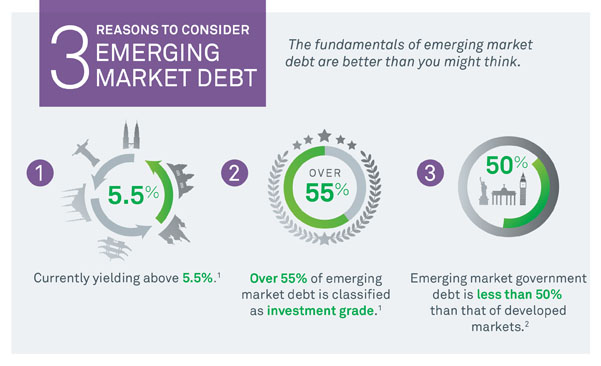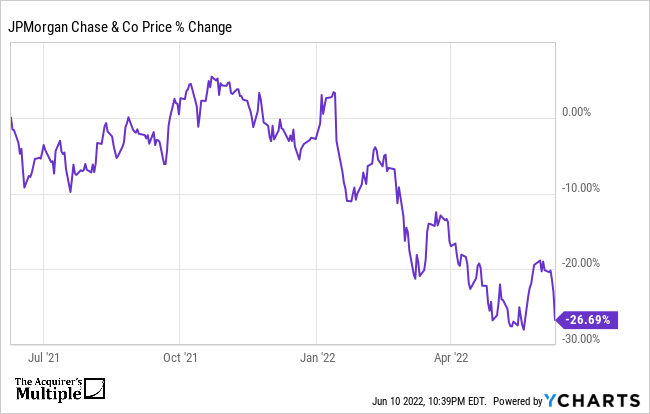
Dividends from REITS can't be based only on earnings. Instead they are based primarily on cash flow statements. This information is used to calculate the taxable income. The tax treatment of REIT dividends is dependent on the type of dividend. Operating profit dividends for example are subject to the marginal tax rate of an individual investor.
Taxes on 199A dividends
A section 199A dividend may qualify you for special tax treatment. This special tax reduction reduces the tax due for dividends paid to you after December 31st. A section199A dividend is a fraction of the total dividends received in a given calendar year. The amount that you can deduct is the excess of the amount that you are allowed to deduct for ordinary dividends paid by a REIT.

Section 199A permits you to deduct as much as 20% of qualified dividends or business income. This deduction does not apply to businesses with high income thresholds and is limited to certain types of business.
Income
The rules that apply to REITs differ based on what they own. An equity REIT, for example, owns income-producing real estate. On the other hand, a mortgage REIT purchases high-interest mortgages secured by real property or other securities. A REIT mortgage must comply with all rules. These REITs can have unique problems including taxation of loan origination and loan servicing income as well the sale or mortgaged realty and phantom revenue.
Reits must pass the income tests every year to remain tax-favored. The first test requires the REIT to generate at least 75 percent of its net income from real estate. The income requirements must be met even if the REIT acquires new properties, or continues to operate existing properties. This means that the REIT must closely monitor all sources of income from its REIT properties, including those that are tax-deferred.
Assets
Dividends from REITs need to meet a variety of criteria in order for them to be eligible for tax-favored status. These requirements must be met both at the time of acquisition and during operation. A diligent manager will take appropriate steps to ensure that a REIT meets these requirements. REITs can keep their tax-favored status by properly managing and analysing assets.

The first thing to consider is whether a REIT can prove it has sufficient real-estate assets to be deemed a REIT. These assets include real property and interests in mortgages on real property. A REIT must be able to show at least seventyfive percent of its real estate assets to be qualified as a Reit.
FAQ
How can people lose their money in the stock exchange?
Stock market is not a place to make money buying high and selling low. You lose money when you buy high and sell low.
The stock exchange is a great place to invest if you are open to taking on risks. They will buy stocks at too low prices and then sell them when they feel they are too high.
They hope to gain from the ups and downs of the market. They could lose their entire investment if they fail to be vigilant.
How Does Inflation Affect the Stock Market?
The stock market is affected by inflation because investors need to pay for goods and services with dollars that are worth less each year. As prices rise, stocks fall. You should buy shares whenever they are cheap.
What is the difference?
Brokers help individuals and businesses purchase and sell securities. They manage all paperwork.
Financial advisors can help you make informed decisions about your personal finances. They use their expertise to help clients plan for retirement, prepare for emergencies, and achieve financial goals.
Financial advisors may be employed by banks, insurance companies, or other institutions. Or they may work independently as fee-only professionals.
You should take classes in marketing, finance, and accounting if you are interested in a career in financial services. Additionally, you will need to be familiar with the different types and investment options available.
Is stock marketable security a possibility?
Stock is an investment vehicle that allows you to buy company shares to make money. This is done by a brokerage, where you can purchase stocks or bonds.
You could also invest directly in individual stocks or even mutual funds. There are more mutual fund options than you might think.
These two approaches are different in that you make money differently. Direct investment allows you to earn income through dividends from the company. Stock trading is where you trade stocks or bonds to make profits.
In both cases, ownership is purchased in a corporation or company. If you buy a part of a business, you become a shareholder. You receive dividends depending on the company's earnings.
Stock trading is a way to make money. You can either short-sell (borrow) stock shares and hope the price drops below what you paid, or you could hold the shares and hope the value rises.
There are three types of stock trades: call, put, and exchange-traded funds. Call and put options give you the right to buy or sell a particular stock at a set price within a specified time period. ETFs, which track a collection of stocks, are very similar to mutual funds.
Stock trading is very popular as it allows investors to take part in the company's growth without being involved with day-to-day operations.
Stock trading can be very rewarding, even though it requires a lot planning and careful study. You will need to know the basics of accounting, finance, and economics if you want to follow this career path.
What is a mutual fund?
Mutual funds are pools that hold money and invest in securities. They offer diversification by allowing all types and investments to be included in the pool. This helps reduce risk.
Professional managers oversee the investment decisions of mutual funds. Some funds let investors manage their portfolios.
Mutual funds are often preferred over individual stocks as they are easier to comprehend and less risky.
What is the difference between non-marketable and marketable securities?
The main differences are that non-marketable securities have less liquidity, lower trading volumes, and higher transaction costs. Marketable securities on the other side are traded on exchanges so they have greater liquidity as well as trading volume. Because they trade 24/7, they offer better price discovery and liquidity. However, there are many exceptions to this rule. For example, some mutual funds are only open to institutional investors and therefore do not trade on public markets.
Marketable securities are more risky than non-marketable securities. They have lower yields and need higher initial capital deposits. Marketable securities tend to be safer and easier than non-marketable securities.
A bond issued by large corporations has a higher likelihood of being repaid than one issued by small businesses. The reason is that the former will likely have a strong financial position, while the latter may not.
Because of the potential for higher portfolio returns, investors prefer to own marketable securities.
Who can trade on the stock exchange?
Everyone. However, not everyone is equal in this world. Some have better skills and knowledge than others. So they should be rewarded.
However, there are other factors that can determine whether or not a person succeeds in trading stocks. You won't be able make any decisions based upon financial reports if you don’t know how to read them.
These reports are not for you unless you know how to interpret them. Each number must be understood. And you must be able to interpret the numbers correctly.
If you do this, you'll be able to spot trends and patterns in the data. This will enable you to make informed decisions about when to purchase and sell shares.
You might even make some money if you are fortunate enough.
What is the working of the stock market?
You are purchasing ownership rights to a portion of the company when you purchase a share of stock. A shareholder has certain rights over the company. A shareholder can vote on major decisions and policies. He/she has the right to demand payment for any damages done by the company. The employee can also sue the company if the contract is not respected.
A company cannot issue any more shares than its total assets, minus liabilities. This is called capital sufficiency.
A company with a high capital sufficiency ratio is considered to be safe. Companies with low ratios of capital adequacy are more risky.
Statistics
- The S&P 500 has grown about 10.5% per year since its establishment in the 1920s. (investopedia.com)
- Ratchet down that 10% if you don't yet have a healthy emergency fund and 10% to 15% of your income funneled into a retirement savings account. (nerdwallet.com)
- Individuals with very limited financial experience are either terrified by horror stories of average investors losing 50% of their portfolio value or are beguiled by "hot tips" that bear the promise of huge rewards but seldom pay off. (investopedia.com)
- Even if you find talent for trading stocks, allocating more than 10% of your portfolio to an individual stock can expose your savings to too much volatility. (nerdwallet.com)
External Links
How To
How to Trade in Stock Market
Stock trading can be described as the buying and selling of stocks, bonds or commodities, currency, derivatives, or other assets. Trading is French for traiteur. This means that one buys and sellers. Traders sell and buy securities to make profit. This type of investment is the oldest.
There are many ways you can invest in the stock exchange. There are three types that you can invest in the stock market: active, passive, or hybrid. Passive investors watch their investments grow, while actively traded investors look for winning companies to make a profit. Hybrid investors take a mix of both these approaches.
Index funds that track broad indexes such as the Dow Jones Industrial Average or S&P 500 are passive investments. This is a popular way to diversify your portfolio without taking on any risk. You just sit back and let your investments work for you.
Active investing involves picking specific companies and analyzing their performance. The factors that active investors consider include earnings growth, return of equity, debt ratios and P/E ratios, cash flow, book values, dividend payout, management, share price history, and more. They then decide whether they will buy shares or not. If they feel the company is undervalued they will purchase shares in the hope that the price rises. However, if they feel that the company is too valuable, they will wait for it to drop before they buy stock.
Hybrid investment combines elements of active and passive investing. A fund may track many stocks. However, you may also choose to invest in several companies. You would then put a portion of your portfolio in a passively managed fund, and another part in a group of actively managed funds.